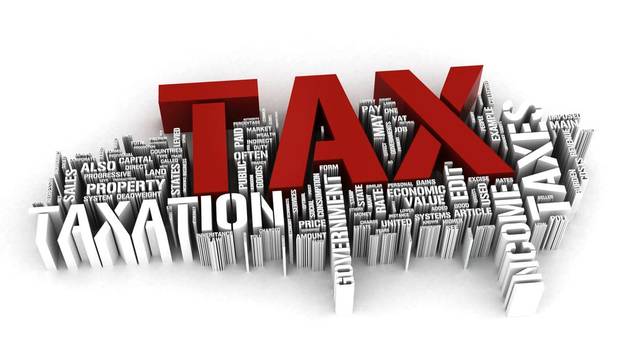Blog

Five Ways to Simplify Taxes in 2016 for Your Small Business
Taxes. Does the word send shivers running up and down your spine? Taxes can be complicated for individuals, but for small businesses, it can be even worse. Especially if you aren't an experienced business owner, you may worry about how to navigate complicated tax regulations so you can be sure that you’ve paid the proper amount and that you won’t have the IRS breathing down your neck. Use the following tips to simplify your taxes for 2016 and beyond.
Organize Your Finances
If you hand your accountant a few shoeboxes full of crumpled receipts, you’ll find yourself facing a long, expensive, and frustrating tax process. Make things easier on everyone by staying on top of your business’s finances throughout the year.
One good way to keep track of your business’s money is by using a simple cloud-based software program. Sage One is a small business invoicing solution that puts all the information you need at your fingertips. Whether you do your taxes yourself or hand the responsibility to a professional tax preparer, you’ll be glad that your financial information is all set out in an easy-to-use and easy-to-access platform.
If you haven’t been using online accounting software and you find that your business’s records are a bit of a mess, take a look at this simple guide that gives you tips on organizing your documents.
Research Tax Regulations or Hire an Expert
Especially if you are a new business owner, you may not be familiar with the tax regulations that apply to your business. You can choose to do the research yourself; the IRS website and other resources are rich with information. However, if you lack the time or the desire to do all that digging, you may decide to hire an expert.
Look for an accountant who has experience with your type of business. Some businesses may be obligated to pay specific kinds of taxes, and different rules apply to different business models, such as corporations, partnerships, and sole proprietorships. Be as specific as possible when you’re searching for an accountant. If you own a restaurant, for example, look for someone who has experience with restaurants.
Make Sure Your Workers Are Properly Classified
There are several different types of workers, and which ones work under you can have a dramatic impact on your taxes. For example, the rules that apply to full-time employees are vastly different from those that apply to independent contractors. You must pay taxes for employees. Laws may also stipulate that you provide certain benefits, such as health insurance, to your employees. You don’t have to pay taxes for or provide benefits to independent contractors.
Ideally, you’ll correctly classify those who do work for you from the start. Tax season is a good time to take a step back to make sure that each of your workers has the proper label in your records. This will save you from hefty fees and back taxes.
Start Early and Take It Slow
Don’t wait until just before the deadline to tackle your taxes. Even if you’ve been careful to keep good records and you have some experience with taxes, you may still encounter some complications when you’re trying to file. Therefore, it is a good idea to start working on your taxes early so you avoid the stress and potential mistakes that come with doing things at the last minute.
Look Ahead to the Coming Year
The 2016 tax season is a good time to look ahead to the coming year. Try to foresee your expenses and income. If you think that your business will perform well, you might want to pay extra taxes this year or start early on calculating your estimated taxes for 2016. Are you thinking about expanding in 2016? Research tax regulations in the areas you want to expand to. For example, if you plan on crossing state borders with your business, you’ll need to know about taxes in the new state.
By their very nature, taxes are complicated. However, you can simplify your taxes by staying organized, doing your research, and enlisting the proper help.



Comments